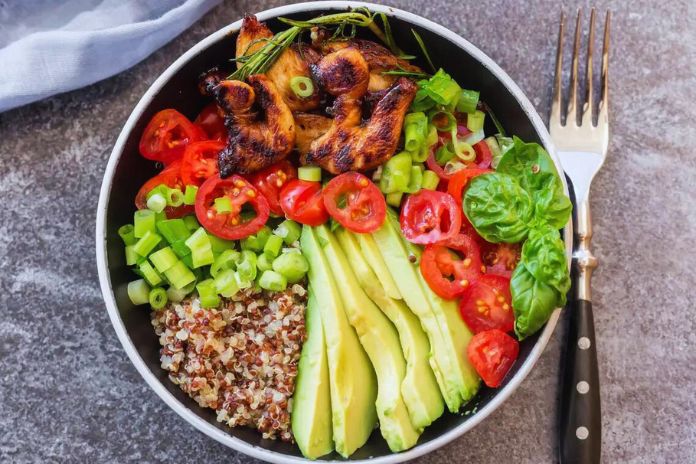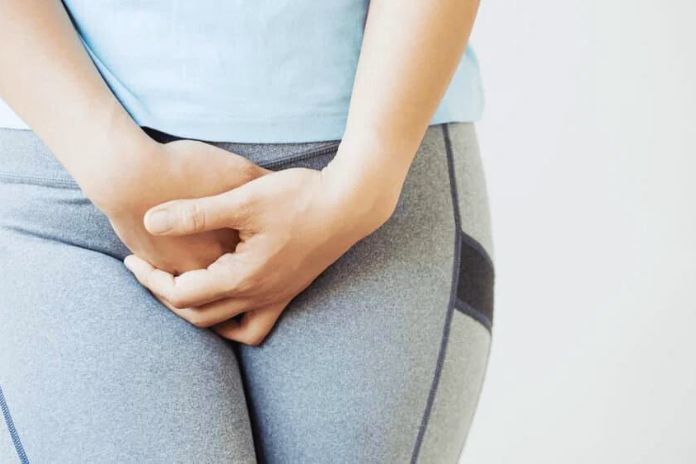In order not to waste your efforts and at the same time recover from fatigue, it is essential to take care of the post-workout as best as possible. Find how! When you finish your sporting activity you don’t know how to recover 100%? Learn what to eat after training at home or outdoors to regain energy, enjoy all the benefits of sport, and not waste the efforts you have just made.
Why It’s Essential To Eat After Training
Starting from the assumption that fasting is not permitted for anyone, much less for athletes, the post-workout diet is just as important as the one before it. Like pre-workout foods, the meals taken after exercises also act on hydration, energy, rapid digestion, good glycogen levels, and a sense of satiety. The primary objectives are to recover lost energy, rebuild glycogen reserves that have been consumed by training, and encourage muscle recovery.
What To Eat Post-Workout
After having done the appropriate stretching to avoid night cramps and to relax the muscles, it is time to decide what to put on your plate. Post-workout foods are those that increase your energy level and are made up of foods that are easy to digest and contain easily absorbed nutrients. It is then essential to align the right quantities of macro and micronutrients with the intensity and frequency of the physical activity carried out, thanks to the calculation of your caloric needs, which allows you to distribute the nutrients adequately.
Proteins
Proteins! During exercises, proteins are broken down at a speed that depends on the type of training and preparation. However, even the most experienced athletes undergo this type of process, so it is essential to take them to allow muscle repair and growth and the recovery of crucial amino acids. It is primarily those who do strength training who need a more significant amount of protein. For those who practice triathlon, weightlifting, and bodybuilding, the solution to what to eat after training is, for example:
- egg
- yogurt
- meat (chicken breast)
- fish (salmon and tuna)
- tofu, ricotta, cottage cheese, milk
- protein bars with dried fruit, seeds, and cereals.
Carbohydrates
Carbohydrates, on the other hand, are the answer to what to eat to recover after training. Those who practice endurance sports such as cycling, running, and swimming must recover the correct dose of carbohydrates, possibly in the half hour following training. In fact, this type of physical activity causes a greater consumption of glycogen than those who carry out strength exercises and it is good that it is recovered. Post-gym and high-intensity post-workout carbohydrates include:
- fruit (bananas, apples, berries)
- fresh vegetables, such as tomatoes, spinach
- tubers (sweet potatoes)
- legumes such as chickpeas, beans, lentils
- pasta
- cereals, including rice, quinoa, oats.
Lipids
Fats are the third category of macronutrients to include in your post-workout foods. It is true that, on the one hand, they inhibit digestion – and this is why they should not be abused -but on the other hand, lipids ensure the synthesis of glycogen, the good fats that can be reused for the next workout. Here’s what to eat post-workout that contains a good dose of lipids:
- whole milk
- dried fruit such as nuts
- fatty fruit (avocado)
- chocolate
- extra virgin olive oil.
Post-Workout Supplements
Starting from the assumption that supplements do not replace the principles of correct nutrition, they allow us to provide the necessary nutrients after exercise, avoiding introducing other ingredients that we may not need immediately post-workout, such as fiber and sugars. Of the active ingredients introduced with food supplements, one factor is fundamental: the absorption potential. In this regard, the multivitamins of the V / Essential line by VitaVi are composed of traceable and bioavailable raw materials, i.e., tolerated by the body and easily absorbed.
The Essential Micronutrients
The Magnesium Albion Minerals® of VitaVi supplements is found in chelated form – that is, it is absorbed by the body in a superior way compared to other sources of magnesium – and is essential for recovering from physical tiredness, for maintaining the concentration of salts in balance and for acting on the energy metabolism. You can find it, for example, in the multivitamin for women over 45.
Albion Minerals® Zinc is developed by the same company as magnesium, so it is equally bioavailable and highly absorbable. Zinc allows correct protein synthesis, the protection of cells from oxidative stress and the increase of the body’s defenses. It is part of the multivitamin formula for men over 45.
Albion Minerals® Iron is another post-workout nutrient that you cannot do without: it acts on the oxygenation of active muscles, avoiding the risk of anemia and asthenia, i.e., lack of strength. In order for it to be assimilated as best as possible, the presence of vitamin C cannot be missing. You can find these two post-workout nutrients in both the men’s supplement and the women’s supplement.
In addition to mineral salts, vitamins are also essential for post-gym recovery. We are talking in particular about the B vitamins – such as vitamin B12, vitamin B1, and vitamin B5 – which permit the recreation of tissues, the generation of red platelets, and the creation of energy. It is equally essential to take antioxidant vitamins – such as vitamin E, vitamin A, and vitamin C – which help eliminate toxins and free radicals, which risk increasing following constant and intense physical activity. Finally, it is good to take the right amount of vitamin D to protect bones, muscles, and nerves, as well as to support the immune system.
Hydration
A cornerstone of any healthy lifestyle is adequate hydration, which, in the case of physical activity, helps to:
- replenish fluids and electrolytes lost through training
- transport nutrients
- disperse heat through sweating
What to drink after training to lose weight and stay fit is a question that many ask: is water alone enough to rehydrate the body and recover lost salts? Simple water can be combined with a potassium and magnesium-based drink or with the intake of specific food supplements.
After How Long Do You Eat Post-Workout?
The best time to eat after a workout coincides with what is called the “anabolic window.” It corresponds to the next 30-45 minutes. It could be extended up to 2-3 hours after the sporting activity is carried out, but with the risk that only 50% of glycogen levels will be absorbed. This delimitation is justified by the fact that in this period, the body is able to correctly absorb fluids and electrolytes, restore glycogen reserves, and regenerate muscle fibers, slightly damaged by sport.
So if your training ends close to a main meal like lunch or dinner, when to eat won’t be a problem. If, however, you are far from that moment, then it is better to resort to a post-workout snack, such as a banana, a protein bar, or yogurt. As we have seen, in addition to consuming foods suitable for post-workout, it can be a good idea to take food supplements to keep your body healthy, enhance the work done, and have all the strength for recovery in view of the next workout!




